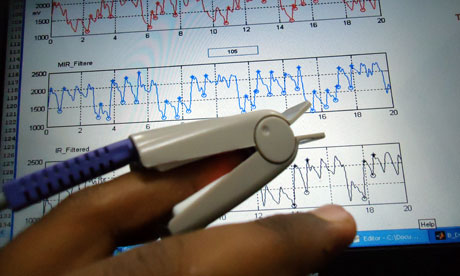Boosting research for health in the new Arab world at the Bellagio Center, 26th February – 1st March 2013
Science and technology, research, development and innovation are key drivers of progress in health, education and socio-economic growth. Investments in research and innovation formed the backbone of economic development in Europe and the United States for several centuries.
 The Arab spring is a major historical event in the Middle East. Millions, in the Arab world, have moved to the streets to demand change to the status quo. People are calling for freedom, democracy and equitable development.
The Arab spring is a major historical event in the Middle East. Millions, in the Arab world, have moved to the streets to demand change to the status quo. People are calling for freedom, democracy and equitable development.
This social movement, provides us with an opportunity to rethink the development model in the region by pushing for investments in research and innovation as key priority elements in the transition from an economy that is based on natural resources to an economy that is based on knowledge and expertise. Building a society of knowledge with a spirit of entrepreneurship will increase the economic growth and create opportunities for jobs particularly among young educated people.
Before these recent developments of the Arab spring, most countries in the region had not prioritised research, science and innovation as key to their development. The political changes happening now provide a great opportunity to renew interest in research, science and innovation for the Arab countries.
We need to underpin the Arab Spring with science, health research – improving the evidence-based culture of policy making and, at the same time, use the opportunity it creates to push for health, equity and development through ‘research and innovation for health’.
The overall objective of the meeting on ‘Boosting Research for Health in the New Arab World‘ is to discuss how best to use the current opportunities to strengthen research, science and innovation for health in the region. The output of this meeting will be:
- A call for action to strengthen system capacity for research and innovation for health,
- A summary view of the various inputs that participants prepare before the meeting,
- A communication strategy to disseminate and keep this alive until the regional conference,
- A conference plan for 2013/2014.
The Council on Health Research for Development (COHRED), the World Health Organisation (WHO) Regional-Office for the Eastern Mediterranean and regional institutions such as the Faculty of Health Sciences of the American University of Beirut (AUB) are well positioned to work together in partnership with key stakeholders to lead this process. This event is supported by the International Development Research Centre (IDRC) in line with the Global Health Research Initiative (GHRI), the Middle East and North Africa Health Policy Forum and the Rockefeller Foundation.
Number of participants: 19
Number of working days required: A total of 3 days: 2 days with whole group, last day a smaller team (6-8) to stay and write up.

